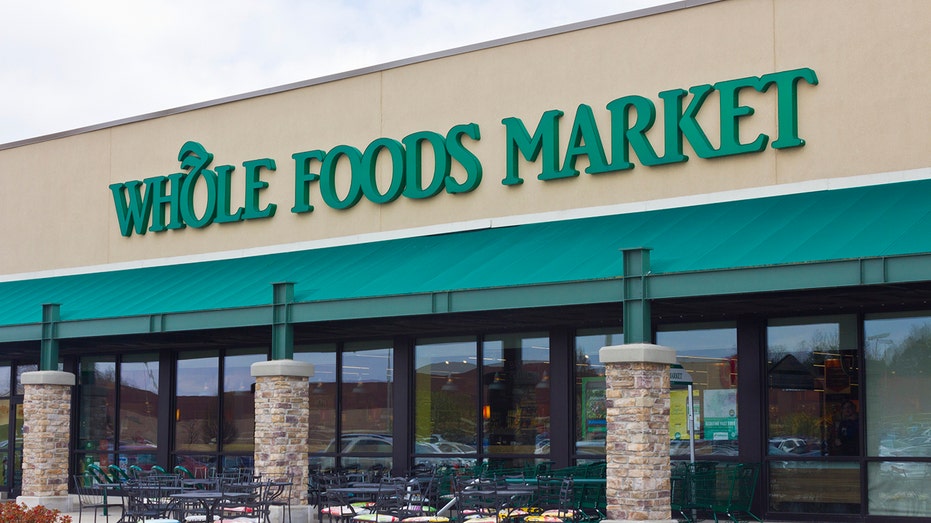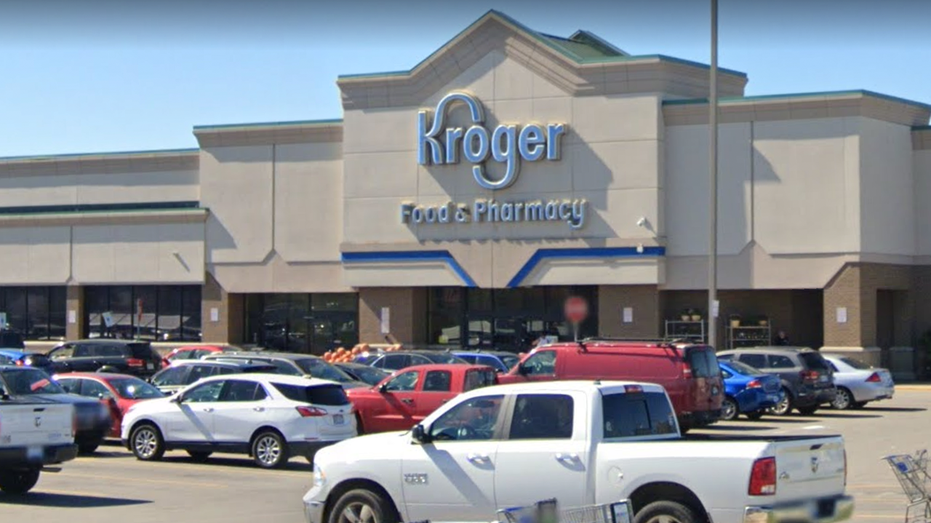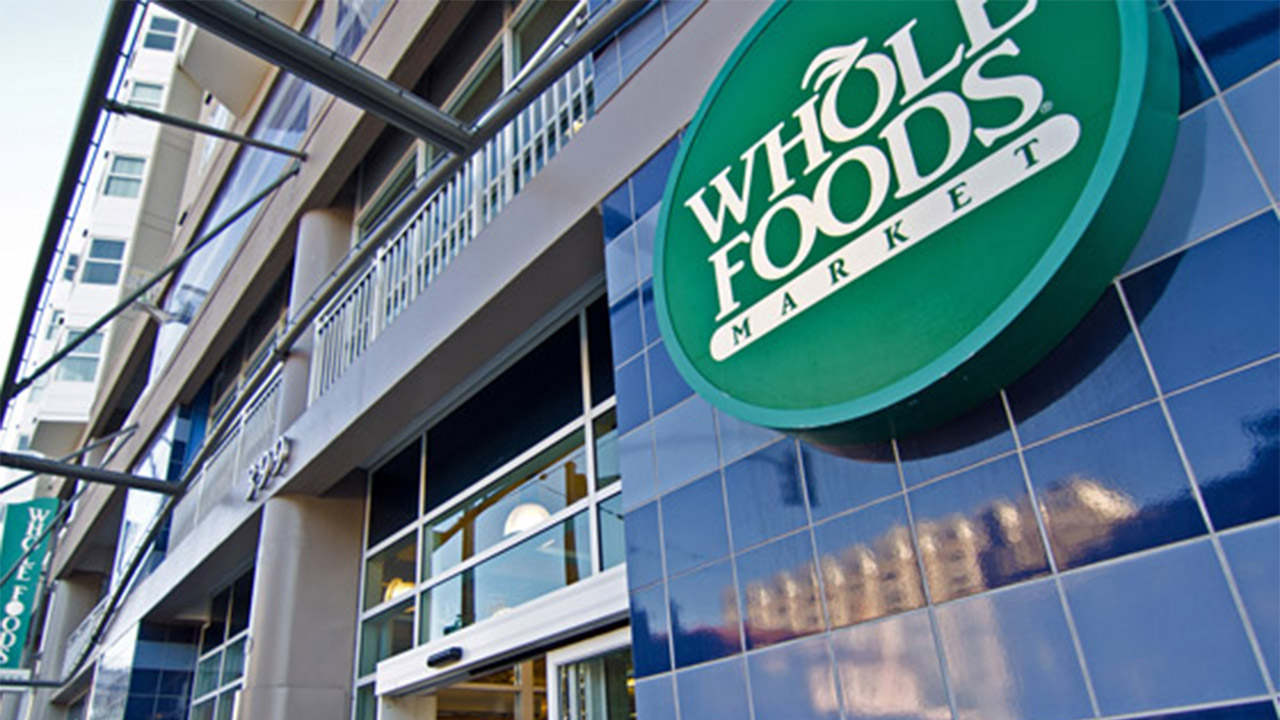Whole Foods asks suppliers to lower prices
Grocery chain says it wants price tags to reflect easing inflation
December PCE confirms inflation slowing, but still a 'significant problem': Maya MacGuineas
'Mornings with Maria' panel analyzes December PCE data and discusses what the White House can do to rein in US debt as the Treasury considers taking 'extraordinary measures' to meet its obligations.
Whole Foods Market is asking suppliers to help the retailer bring prices down on packaged groceries as inflation moderates.
The Amazon.com Inc.-owned grocer told suppliers at a recent virtual summit that it wants to bring down retail prices in its store aisles as companies’ own costs start to decline, according to a recording of the meeting viewed by The Wall Street Journal.
As food suppliers have raised wholesale prices, citing higher transport, labor and production costs, supermarket operators said they have passed those increases along to consumers. The higher price tags have helped grocery-store operators generate higher sales and profits.

Indianapolis - Circa April 2016: Whole Foods Market. Amazon is expanding Whole Foods delivery in different US states I
After more than a year of price increases, shoppers have been cutting back on purchases, buying cheaper versions of groceries and seeking out deals across supermarket aisles. Industry executives have said they are trying to offer promotions and provide better value.
JUDGE TOSSES LAWSUIT AGAINST WHOLE FOODS AFTER WORKERS FIRED FOR WEARING BLACK LIVES MATTER MASKS
"We know our customers are weighing the impacts of inflationary pressure on their buying choices," Alyssa Vescio, Whole Foods’ senior vice president of merchandising of center store, said to suppliers at the virtual meeting in December.
The company has worked over the past year to absorb rising costs, offer new promotions and work with suppliers to offset the impact of inflation for customers, a Whole Foods spokeswoman said.
Whole Foods’ rate of price increases has been lower than the industry average, the spokeswoman said, adding that the chain has lowered prices on some items including cereal, bread and sparkling water. The company is committed to ensuring that prices reflect easing inflation, she said.
Overall inflation is starting to slow, government data have shown, as the U.S. economy shows signs of cooling and the Federal Reserve continues to raise interest rates. Grocery prices have continued to climb, but the pace has decelerated in recent months, rising 11.8% in December from a year ago compared with 12% in November and 12.4% in October, according to the Labor Department. Prices of fresh fruits, fish and seafood fell in December from November’s levels, according to the department.
WHOLE FOODS FOUNDER SAYS SOCIALISTS ARE 'TAKING OVER' THE US, THREATENING LIBERTIES
Some food companies have said food inflation is beginning to moderate, though the retail prices that consumers see have yet to drop across the board. Some costs are declining, including for fuel and certain types of meat.
During periods of slowing inflation, prices of commodity-linked items such as meat, produce and dairy have historically decreased, while packaged foods haven’t tended to change much, supermarket operators said. With less pressure on their own costs, suppliers could fund more discounts that would result in lower retail prices, they said.
| Ticker | Security | Last | Change | Change % |
|---|---|---|---|---|
| KR | THE KROGER CO. | 67.50 | +0.83 | +1.24% |
| ACI | ALBERTSONS COS INC | 18.09 | +0.30 | +1.69% |
KROGER CEO SAYS HALF ITS CUSTOMERS ARE UNDER FINANCIAL STRAIN
Foot traffic to Whole Foods stores decreased about 8% in the fourth quarter of 2022 compared with the same period a year earlier, according to data from research firm Placer.ai. Rival grocers Kroger Co. and Albertsons Cos. have experienced declines, too, though discounters such as Aldi Inc. and Trader Joe’s have recorded increases, according to Placer.ai. Traffic generally remains higher than prepandemic levels across the grocery sector, the data show.

Kroger location in Lincoln Park, Michigan. (Google Maps) (Google Maps / Google Maps)
The Whole Foods spokeswoman said that Placer.ai’s data doesn’t capture 13% of its stores and that the number of in-store transactions grew 3.5% in December year over year, while the amount of items bought by customers remained flat. Placer.ai said its coverage of 87% of stores gives an accurate picture of overall visits for the chain.
Across the grocery sector, the volume of edible goods sold in December declined by about 2%, while the dollar value of the sales increased by about 12%, according to data from Information Resources Inc.
| Ticker | Security | Last | Change | Change % |
|---|---|---|---|---|
| AMZN | AMAZON.COM INC. | 210.32 | -12.37 | -5.55% |
Whole Foods, which operates more than 500 stores in the U.S., Canada and the U.K., has been lowering prices and expanding its lower-cost store brands since its 2017 acquisition by Amazon, part of an effort to reach a broader range of customers. The chain has also expanded online operations and has opened more stores.

Whole Foods said its rate of price increases has been lower than the industry average.
Whole Foods executives said at the December summit that the grocer would focus on promotions in 2023 and would aim to hold more sale events.
Whole Foods executives also said the company has been streamlining its merchandising teams that oversee categories of products. They asked vendors to improve supply-chain efforts, give priority to Whole Foods when inventories run short, and ship products on time.
CLICK HERE TO GET THE FOX BUSINESS APP
They said that Whole Foods plans to invest in high growth potential areas such as dairy and create more shopping events to draw customers to stores.




















